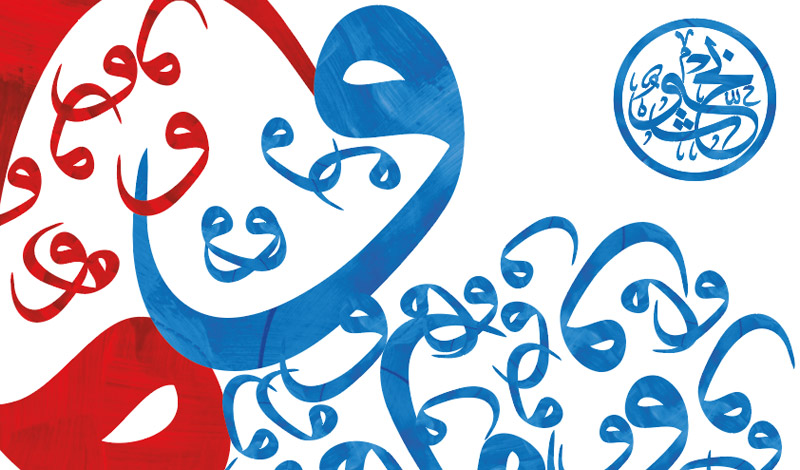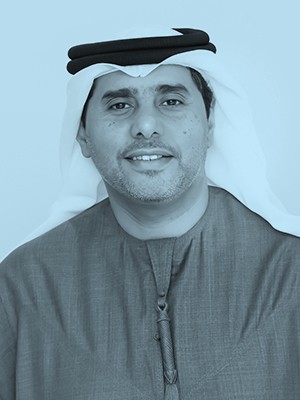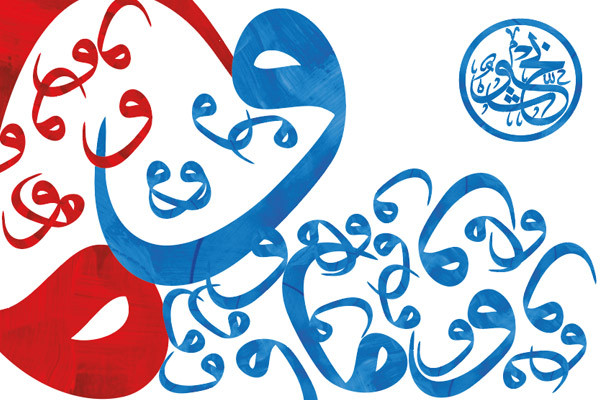A Tail That Wags The Dog
If you don`t know what a "Fat Tail" is, don`t get upset. Until a few weeks ago very few people knew what it is. However, it is becoming the buzzword in any intellectual discussion concerning the UAE. Western media and think tanks alike are using the phrase that Eurasia group`s CEO Ian Bremmer used in his latest book "The Fat Tail: The power of Political Knowledge for Strategic Investing."

- by Mohammed Abdul Rahman Baharoon ,
- Monday, 11th January, 2010
Whose Fat Tail?
If you don't know what a "Fat Tail" is, don't get upset. Until a few weeks ago very few people knew what it is. However, it is becoming the buzzword in any intellectual discussion concerning the UAE. Western media and think tanks alike are using the phrase that Eurasia group's CEO Ian Bremmer used in his latest book "The Fat Tail: The power of Political Knowledge for Strategic Investing." A global political risk research firm, Eurasia Group, in its recently published report identified 10 states that are prone to political instability. The UAE was on its list, along with Pakistan, Ukraine, Russia, Mexico, Nigeria, Turkey, Argentina, Japan, and Poland.
While including countries like Pakistan, Nigeria, and Mexico in the list may not raise many brows, giving 10% instability risk especially to the UAE does. The report justifies including the UAE on what it perceives as Abu Dhabi's "reluctance" to provide support to Dubai during the global financial crisis. This relies heavily on the Abu-Dhabi-Dubai competition scenario, which had been discussed repeatedly prior to the crisis.
However, it is very difficult to understand why a respectable organization such as the Eurasia Group would rely on unscrupulous media reporting to reach such a conclusion.
Though it is not uncommon for a research organization to make an error of judgment, it was strange that a number of prestigious publications seem to have given prominence to the report. The report was featured in the well respected Foreign Policy periodical, while Wall Street Journal gave it considerable coverage and on the same day Newsweek included a segment on the UAE facing the risk of a Fat Tail in while reviewing Ian Bremmer's book. Other elite publications discussed the report including Zawya Dow Jones. Iranian Press TV too brought up the effect of this report on the UAE-US relations and possible ramification on the soon-to-be-reviewed 123 Nuclear agreement.
Indeed the term can potentially become part of the political discourse in any discussion of the UAE. That is quite a considerable complication considering that there is little ground to the fat tail claim.
But Why?
The media attention to the inclusion of the UAE seems odd alongside less attention to Turkey, which is aspiring for EU membership, and Japan which also seems far from any political risks. This attention seems to suggest the improbability of the report. The report disregarded other countries facing far more serious political challenges such as Yemen, which is cornered by rebellions in the north and the south as well as threatened by a resurgence of Al Qaeda's. The report did not even include other Gulf States, such as Kuwait, in which the conflict between the government and the parliament escalated to the point that the government had to finally opt for dissolution, a decision which still cannot spare it the possibility of the return of the same representatives who aggravated the situation in the first place.
This report, to someone living in the UAE, makes for a rather awkward reading: like reading one's own obituary and maybe going to work to receive condolences. The report did not provide any tangible reference to support its conclusion. There are no demonstrations in the streets, any open discussions or private rumors, no satirical poems or even jokes, to hint that such instability could be considered in the UAE.
An Improbable Scenario
This can be the escape door. An "improbable scenario" is at the core of the Fat Tail definition, and that provides the author with a buffer of convenience against any claim by any person in the UAE who may wonder, "What instability?" This scenario, for all those who live, study, work or invest in the UAE seems indeed improbable. So why that UAE? A look at the widespread media coverage of the report seems to have slipstreamed on the negative coverage the UAE has received since the beginning of the economic slowdown. Bremmer warns of instability in a country that was attracting a lot of attention across the world and that has become an important global financial hub. For many reasons the entrepreneurial Wall Street "Risk Advisor" would want to be the main advisor on any risk at one of the fastest growing financial markets. If that market is rather stable and has no risk, then it wouldn't be very lucrative for Mr. Bremmer. Bremmer, who put his training in political science to the financial market, was the first to develop Wall Street's global political risk index (GPRI) jointly with Citigroup; he now enjoys the confidence of almost all those listed at the NYSE in his risk assessment recommendations. To help in these assessments Bremmer acquired the prominent intelligence company Intellibridge, and others such as Business Wire, and he partners with PriceWaterhouseCooper. However, moving to a new market requires, as economics tell us, creating a demand.
Labeling a country that has become a model for stability and development in the Middle East as being on the verge of political instability does just that. Many of those who have invested financially and politically in the UAE almost skip a heart beat when they hear about a risk to their investments in the UAE. It wouldn't be surprising if most of the companies enlisted in Dubai's stock exchange or Dubai International Financial Market along with countries investing politically in the region would want to talk to Eurasia Group about the possible risk. A single report succeeds in creating such demand.
A Tail that is indeed fat enough to "wag" the dog.

Mohammed Abdul Rahman Baharoon
Director General
Read More
Areas of Expertise
- Geo-strategy
- Reputation and soft power
- Public Policy and International Relations
Education
- Master’s degree in English Literature from Texas Tech University in 1995
- English Major from Kuwait University in 1987
Bio
He perused a career in media as a reporter for “Al Arabi” Magazine, Al Ittihad newspaper, and then Editor for Gulf Defense Magazine before starting as director of research at both and focusing on the interplay between Geostrategy and policymaking in governance, stability, capacity building, and future-proofing.
Mohammed has also worked as Deputy Director of Watani (UAE’s first initiative on National Identity) and is also a founding member of the board of “Bussola Institute” a think tank in Brussels that focuses on the changing and emerging aspects of the partnership between the EU and the GCC member states.
As part of his interest in the emerging geostrategic space of the Arabian Peninsula, Mohammed looks at Iran as part of the development of the area as a major trade artery. This development implies developing a sustainable relationship with its regional neighborhood on the Arabian Gulf, The Arabian Sea, the Red Sea, or the Mediterranean. Iran is a major component of that space and becoming more adaptable to the modernization process will allow it to become part of the future development of the region.

